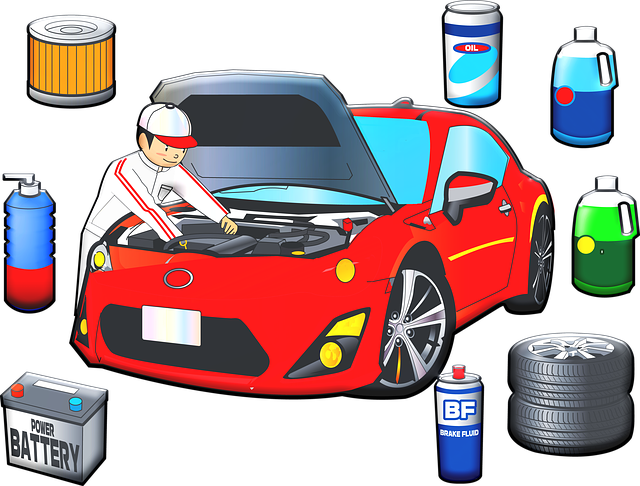
This article contains valuable tips for motorists, the knowledge of which will allow you to either eliminate the malfunction on their own, thereby avoiding visiting a car service. And, accordingly, significant cash expenditures, or clearly understand the nature of this or that breakdown in order not to be deceived by the service station representatives.
Car Repair and Maintenance FAQs
For the convenience of perceiving the material, it is written in the “question-answer” format:
Q1: The car has the following malfunction: when the brake pedal is fully released, the wheels remain partially braked. What’s the matter?
Answer:
The most common cause of this problem is the lack of free play on the brake pedal. The pedal’s usual free travel provides the gap between the pusher and the piston of the master brake cylinder; this clearance is necessary for the complete release of the wheels. The malfunction is eliminated by adjusting the brake pedal free play.
If the free hot brake pedal is adjusted, and the wheels still do not fully release the brake, then a possible cause of the malfunction may be clogging the compensation hole in the master brake cylinder. To eliminate the malfunction, clean this hole and bleed the hydraulic brake drive.
Among other reasons for the incomplete release of the wheels, it should be noted that the quality of the brake fluid is poor (in this case, it must be replaced), and the piston of the master brake cylinder is seized.
Also checkout: Is it dangerous to paint the brake calipers of the car?
Q2: Why is there a rough, metallic grinding sound from the front wheels when braking?
Answer:
Most likely, the brake pads are almost entirely worn out. They need to be replaced and urgently – otherwise, the brake disc will become unusable, and repairs will cost much more.
Q3: How to check the clutch release is complete?
Answer:
Checking the clutch release is quite simple. It is necessary at low engine speeds to depress the clutch pedal to failure and engage first gear. If it turns on silently, then everything is in order. If the transmission is difficult to engage, and at the same time, noise or grinding noise is heard, then the clutch does not wholly disengage (or does not disengage at all). The reasons can be very different: breakage of the clutch drive fork, too much pedal free travel, leakage of working fluid from the hydraulic clutch drive, air ingress into the hydraulic clutch drive system (to eliminate – bleed), etc.
Q4: Recently, the generator has become too noisy: it makes a ringing metallic noise. What could be the reason?
Answer:
The likely cause of such a malfunction is the loosening of the alternator pulley nuts. In addition, the reason may be damage to bearings, inter-screw closure, short circuit “to the ground” of the stator winding.
Q5: Why, when I press the brake pedal, the brake lights do not turn on, and at the same time, the instruments on the dashboard do not work?
Answer:
The most likely cause is a blown-fuse. To eliminate it, it is enough to find this fuse and replace it.
Q6: Liquid from the cooling system constantly enters the crankcase. Why is this happening, and how to fix the problem?
Answer:
First of all, it is recommended to check the condition of the cylinder head gasket and, if necessary, replace it. Also, the cause of the malfunction may be a crack on the inner wall of the cylinder head. In this case, to eliminate the malfunction, you will have to replace the cylinder head.
Q7: Do tyres matter? How essential are tyres when it comes to driving?
Answer:
In a word, yes. Tyres play a critical role in the driving experience, safety, and other reasons.
Make sure you equip your car with the corresponding tyres. Suppose you own a sedan; a good option would be Dunlop SP Sport LM705. The more you know about tyres, the better.
Q8: For some reason, when the clutch pedal was pressed at idle, the engine began to stall. What is the matter, and can you fix the malfunction yourself?
Answer:
Most likely, due to the significant axial play, the crankshaft shifts forward when the clutch pedal is pressed, which leads to distortion of the connecting rods. It is impossible to eliminate this breakdown on your own (unless you are a car repair specialist), so you will have to contact a service station.
Hope you like the Valuable tips for car repair and maintenance FAQs
Was this helpful?
0 / 0